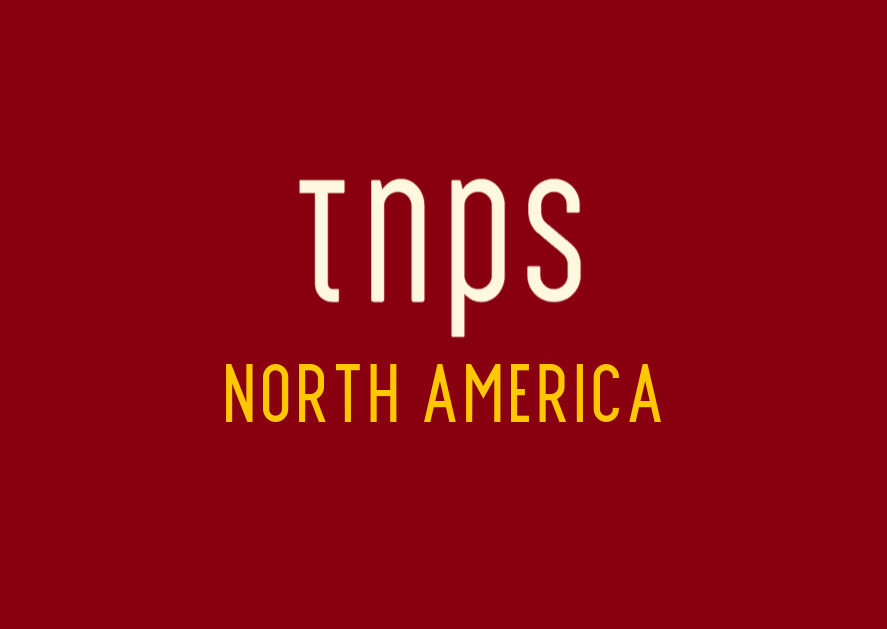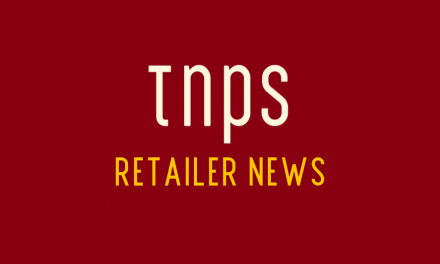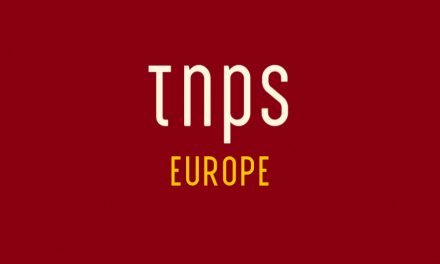There’s a lesson here for publishers everywhere that rely on US trade.
Canadian booksellers are appealing to the federal government for a specific exemption from the impending 25% counter-tariffs, set to affect $125 billion worth of goods imported from the US. These tariffs are Canada’s response to US-imposed levies on Canadian goods.
The move has sparked concerns within the book industry over the potential consequences for businesses, cultural preservation, and readers.
Booksellers’ United Appeal
For the first time, in an extraordinary partnership, Laura Carter of the Canadian Independent Booksellers’ Association and Heather Reisman of Indigo addressed Prime Minister Mark Carney in a joint letter, reports Quill & Quire.
They highlighted that the tariffs would disproportionately impact books written by Canadian authors but printed and distributed through the US – an inherent contradiction. The bulk of Canada’s book sales stem from titles produced by multinational publishers whose supply chains rely heavily on US infrastructure.
The booksellers argue books are distinct from other goods; readers are unlikely to substitute a sought-after title with one printed domestically. Yet, Canada’s limited printing and warehousing capacity exacerbates the problem, making tariff-free books from the US vital for the industry’s viability.
Industry Background and Vulnerabilities
The restructuring of publishing operations over the past two decades has left Canada heavily dependent on US distribution. With closures of domestic warehouses by major players like Simon & Schuster and Penguin Random House, most Canadian divisions of multinational publishers now operate distribution from the US. Smaller independent Canadian-owned publishers, however, remain relatively unaffected since their production tends to be domestic.
Complications and Contradictions
Canada’s “fight fire with fire” tariff policy reflects a united front against US measures, yet industries like publishing are lobbying for specific exemptions.
Critics highlight the complexity of defending cultural industries, which have traditionally been off-limits in trade disputes, while simultaneously navigating this tit-for-tat trade war.
Jack Illingworth, of the Association of Canadian Publishers, stresses how cultural industries are uniquely at risk. Books are not “fungible products.” Unlike interchangeable goods, it is argued, readers demand specific titles, making tariffs on books uniquely detrimental.
The retaliatory measures could have ripple effects, including potential US tariffs on books imported from Canada and challenges in future trade negotiations under the Canada-United States-Mexico Agreement.
Whether the new Canadian PM will share the booksellers’ perspective and give the industry special treatment remains to be seen.
But there’s a lesson here for publishers everywhere that rely on US trade.
This post first appeared in the TNPS LinkedIn newsfeed.





